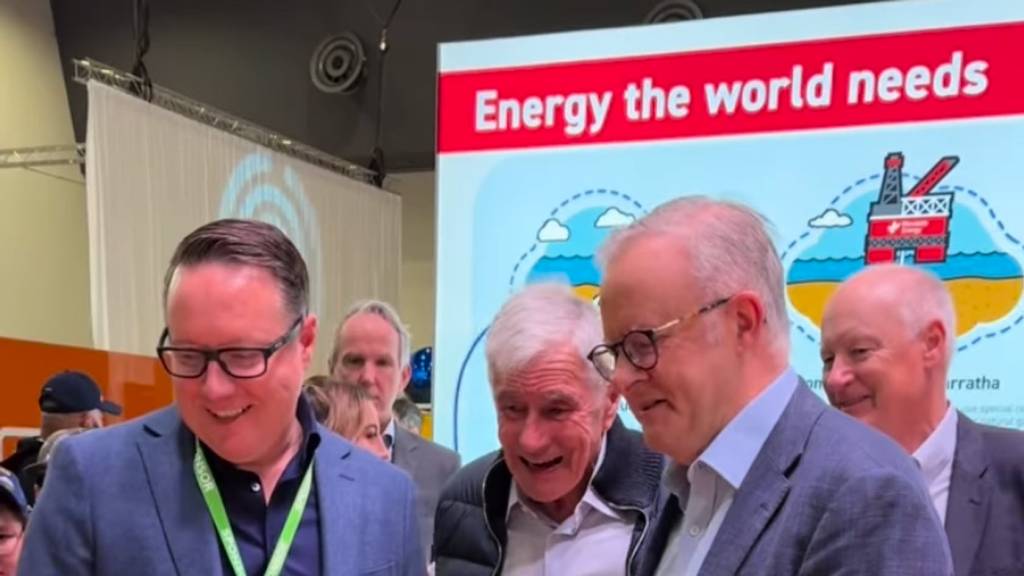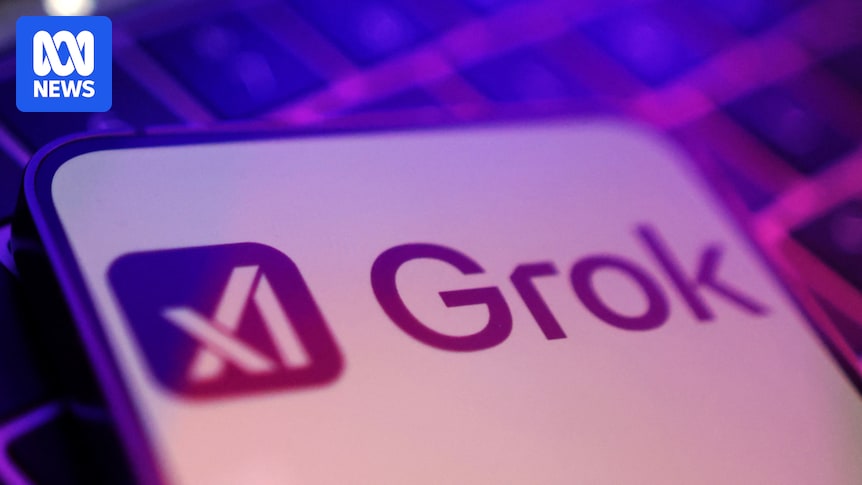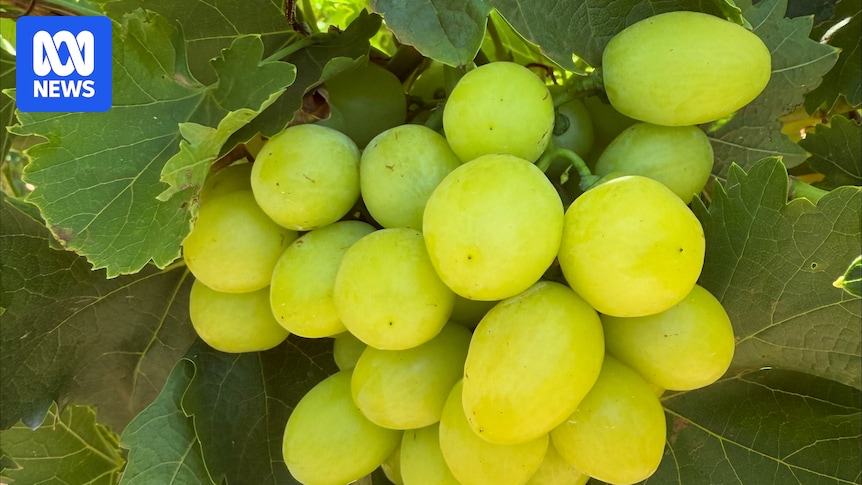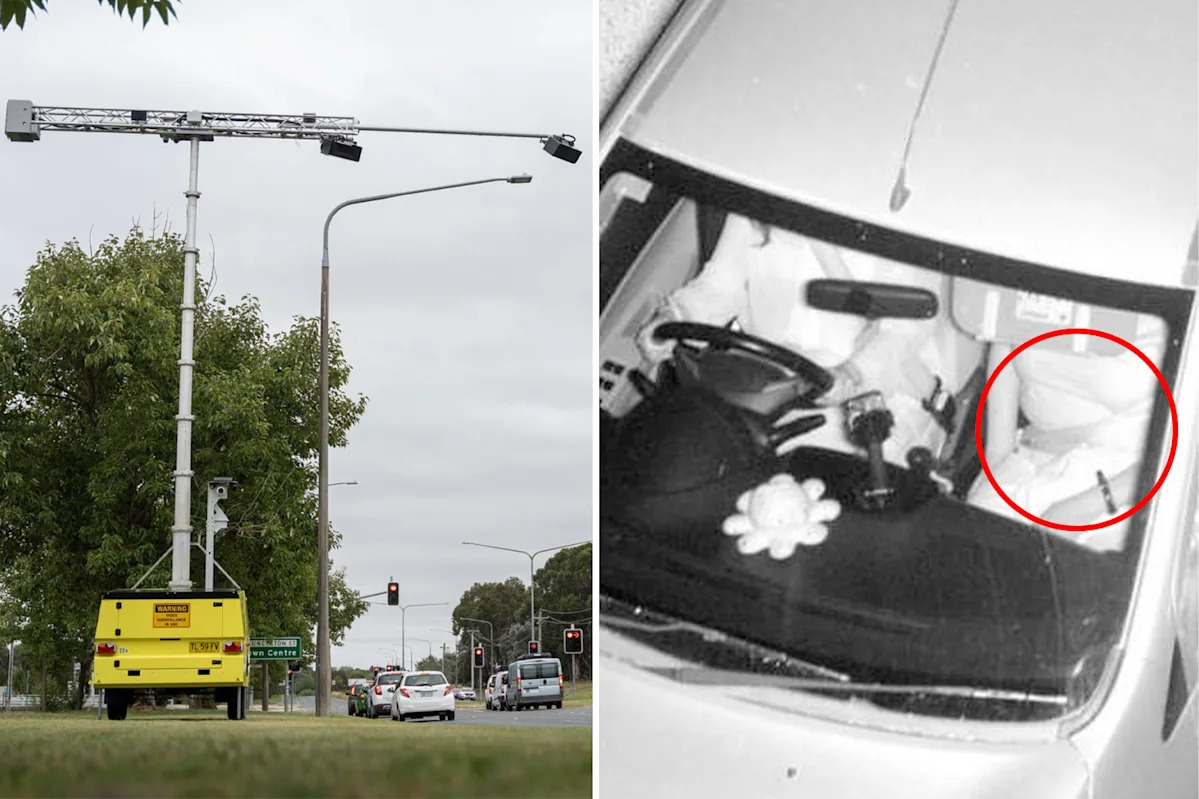
Last week, the Australian Institute of Marine Science (AIMS) unveiled alarming findings on coral bleaching along Western Australia’s coast, marking the most severe event in recorded history. The report highlighted that some reefs, such as the Rowley Shoals off the Kimberley coast, have experienced a staggering 90% mortality rate due to an extreme marine heatwave that began late last year.
Dr. James Gilmour, a senior research scientist at AIMS, emphasized the unprecedented nature of this crisis. “The length and intensity of the heat stress, and its footprint across multiple regions, is something we’ve never seen before on most of the reefs in WA,” he stated. “Climate change is driving these events, which are becoming more frequent, more intense, and more widespread, giving our amazing, valuable coral reefs little time to recover.”
Despite the gravity of the situation, the report received limited coverage in The West Australian newspaper, owned by Kerry Stokes’ Seven West Media. While the story was widely reported across national and international platforms, including ABC and the BBC, it was relegated to a brief online piece behind a paywall on The West’s website, supplemented by remarks from Western Australia’s new Environment Minister.
The Media’s Role and Corporate Interests
The lack of coverage in The West Australian raises questions about media priorities and corporate influence. The newspaper’s print edition featured front-page advertisements celebrating a ‘Woodside Open Day’ at the WA Maritime Museum, sponsored by the fossil fuel giant Woodside, as part of National Science Week. This juxtaposition of environmental crisis and corporate promotion has not gone unnoticed.
Seven West Media, 40% owned by Stokes’ Seven Group Holdings (SGH), has substantial ties to the fossil fuel industry. SGH’s CEO, Ryan Stokes, also chairs Beach Energy, which has significant gas interests in WA, including the Waitsia gas project that exports LNG via Woodside. Additionally, SGH owns WestTrac, a major supplier to the mining industry, further entangling media and corporate interests.
Public Outcry and Environmental Impact
On Sunday, protesters gathered at the WA Maritime Museum, voicing outrage over Woodside’s sponsorship and its perceived attempt to “whitewash” its brand amid the coral bleaching crisis. The protest highlighted the connection between fossil fuel extraction and the environmental degradation along WA’s coast, including the massive Burrup Hub gas export facility.
The Burrup Hub, described as the largest fossil fuel project in the Southern Hemisphere, is projected to emit 6 billion tonnes of carbon pollution over its lifetime. This figure is 13 times Australia’s total annual emissions, rendering existing mitigation measures ineffective.
Expert Opinions and Industry Influence
Alec Coles, CEO of the WA Museum, provided a statement emphasizing the museum’s commitment to biodiversity research, supported financially by Woodside. However, he did not address concerns about the museum’s association with Woodside’s branding efforts.
Mignon Shardlow, a senior lecturer in journalism at the University of Notre Dame in Fremantle, commented on the media’s role in shaping public discourse. “What The West Australian decides is news is important,” she noted, questioning the omission of significant environmental stories from the newspaper’s coverage.
Historical Context and Future Implications
The current coral bleaching event is not an isolated incident but part of a broader pattern of environmental challenges exacerbated by climate change. Last November, an expedition to Scott Reef revealed water temperatures five degrees above normal, foreshadowing the bleaching alerts that followed.
In January, 30,000 marine creatures washed up dead in Karratha, and disturbing images of affected reefs have circulated since February. John Butler, an ARIA award-winning musician who participated in the Scott Reef expedition, expressed his frustration at the protest, criticizing Woodside’s influence and environmental impact.
As the state’s major daily newspaper, The West Australian’s editorial choices have significant implications for public awareness and policy discourse. The absence of comprehensive coverage on coral bleaching raises concerns about the influence of vested interests on journalism and the potential sidelining of critical environmental issues.
The editor-in-chief of The West Australian, Christopher Dore, did not respond to inquiries about the newspaper’s coverage decisions. Meanwhile, the protest coincided with the Resources Technology Showcase, where Seven West Media’s leadership, including Stokes and Dore, engaged with government officials and industry representatives.
As Western Australia grapples with the environmental and political ramifications of coral bleaching and fossil fuel expansion, the role of media in informing the public and holding power to account remains crucial. The coming months will reveal whether these issues will gain the attention and action they urgently require.





